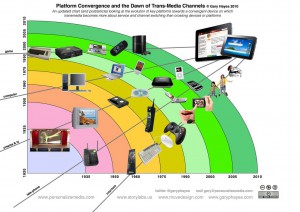Samuelson’s analytic article,”Aaron Swartz: Opening access to knowledge” has drawn my attention- other way- basically to the “need” for access itself,
The article has stated a significant Aaron’s theme, “The Internet provides amazing opportunities to open (more) access to knowledge”, in assumption that the (primary) access is extremely available, which is eventually not true in “digital world” accompanied with “digital divide”.
Digital divide, or the digital “split”, is a social issue refer to the differentiation and distinction in information quantity between those who have access to the Internet and those who do not have access.
Once again… we live in “information Era”, one of its significant consequence is the “Internet” technology which contains the most essential database for learning; hence, lack of access impacts learning or “knowledge”.
I refer a such divide to social barriers that prevent many working class and poor Americans, especially Americans of color from having adequate technological access; they might be unable to handle technology services’ fees due to lowest-paying, most-unstable job, and lack full-year jobs which in turn- are direct results of health constraints and lack of higher education.







